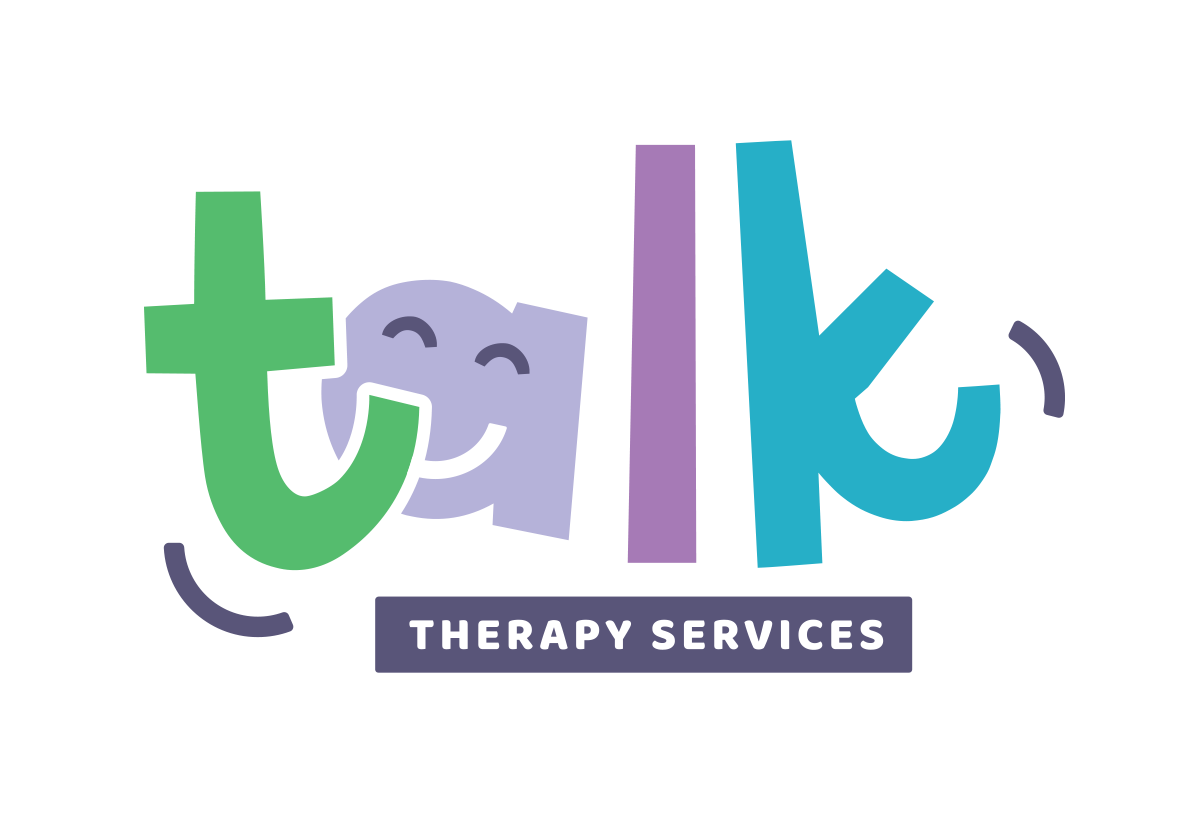The Role of Gratitude in Speech Therapy: Enhancing Communication Through Appreciation
Gratitude, a feeling of thankfulness and appreciation, is a powerful emotion that can have a significant impact on various aspects of life, including speech therapy. In the realm of speech and language pathology, integrating gratitude into therapy sessions can offer a unique and positive approach to treatment. This blog post explores the role of gratitude in speech therapy and how it can benefit both clients and therapists.
Understanding Gratitude in Therapy:
Gratitude in speech therapy isn't just about saying 'thank you.' It's a holistic approach that encompasses appreciation for the therapy process, acknowledgment of progress, and recognition of the efforts made by both clients and therapists. This positive mindset can create a supportive and encouraging environment conducive to learning and growth.
1. Building a Positive Therapeutic Relationship:
Expressing gratitude can strengthen the bond between the therapist and the client. A simple acknowledgment of each other's efforts and achievements can foster trust and mutual respect, essential components of a successful therapeutic relationship.
2. Enhancing Motivation and Engagement:
Incorporating gratitude practices, such as discussing what each client is thankful for, can increase motivation and engagement in therapy. Recognizing small achievements and expressing appreciation for progress made can boost confidence and encourage continued effort.
3. Reducing Anxiety and Fostering Resilience:
The act of expressing gratitude can reduce anxiety and build resilience. Clients who focus on positive aspects of their therapy experience, including their own improvements and the support they receive, are likely to develop a more optimistic outlook, helping them to overcome challenges more effectively.
4. Improving Communication Skills Beyond Articulation:
Gratitude can enhance communication skills that go beyond articulation and language structure. It encourages clients to express their thoughts and feelings more openly and positively, which is an essential part of effective communication.
5. Creating a Supportive and Positive Environment:
A speech therapy setting infused with gratitude promotes a positive and nurturing environment. Celebrating successes, no matter how small, and being thankful for the opportunity to learn and grow can create a more enjoyable and productive therapy experience.
6. Encouraging Mindfulness and Self-reflection:
Practicing gratitude encourages mindfulness and self-reflection. Clients become more aware of their speech and language journey, including their strengths and areas of improvement. This awareness is crucial for personal growth and development in therapy.
7. Gratitude as a Coping Mechanism:
For clients facing difficulties in their speech and language journey, gratitude can serve as a coping mechanism. By focusing on what they can do and the support they have, clients can navigate their challenges with a more positive and resilient attitude.
8. Promoting General Well-being:
The benefits of gratitude extend beyond speech therapy sessions. Numerous studies have shown that regularly practicing gratitude can improve overall mental and emotional well-being, which can indirectly contribute to more effective therapy outcomes.
Gratitude plays a vital role in speech therapy by creating an environment of positivity, motivation, and appreciation. It goes beyond mere politeness to become a transformative tool that enhances the therapeutic experience for both clients and therapists. By incorporating gratitude into speech therapy, we can foster a more supportive, resilient, and positive approach to communication challenges, leading to more meaningful and effective outcomes.

